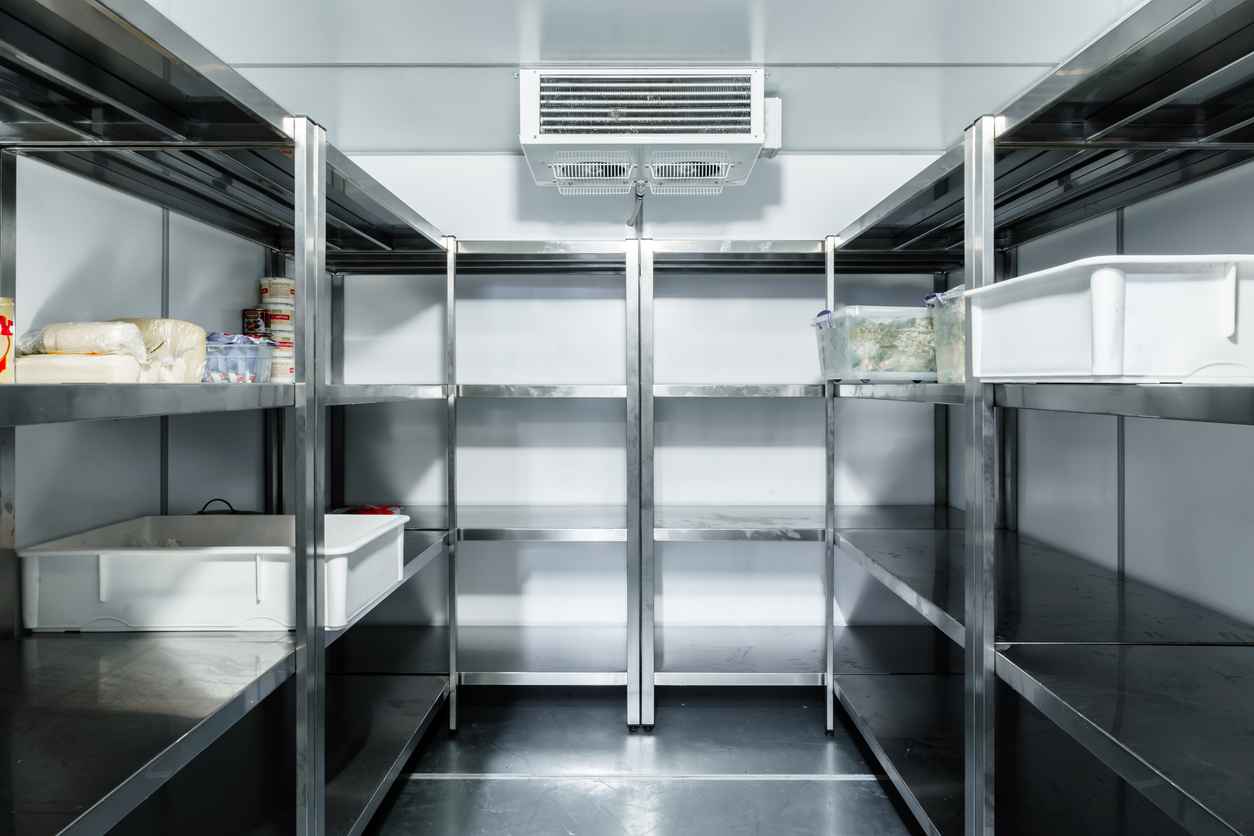proudly serving
the mid-south

Why Does Ice Float on Water?
If it’s just frozen water, why does ice float on water? If you put a small pebble in water, it’ll sink. So what’s going on with ice?
If ice is just frozen water, why does it float on top of regular water? Why doesn’t ice just sink? If you put a small pebble in water, it’ll sink. So what’s going on with ice?
That’s what we’re here to answer. But before we truly understand the properties at work, we need to understand some basic concepts that you can apply to something as small as an ice cube in your fridge or boat-sized icebergs!
The Difference Between Sinking and Floating
The key to understanding sinking and floating is density. It’s the primary factor that determines whether that cube in your water sinks or floats. This is a quick way to determine that ice is less dense than water! Less density means that an object will float on top of the liquid it’s in. But if the object is more dense, as in the pebble example, then it will sink in the water.
Density, in simple terms, is the relationship between an object’s mass and the space it occupies. Maybe you remember how mass is constant but weight is not. That’s kind of applicable here! The more mass an object has and the less volume it occupies means its density is greater. Take your mass and divide by volume, and boom! You can calculate density.
So, to recap: an object sinks when it’s more dense than the liquid it’s in. It floats when it’s less dense.
Why does ice float on water?
If you follow the logic and relationship that density has with mass and volume, you can guess that ice has less mass but occupies MORE volume. But conventional thought might lead you to think otherwise. If ice is a solid, how is it less dense than liquid water?
Because when water freezes it expands. That same mass now takes up more space. And since density is determined by mass divided by volume, frozen ice is less dense than water itself. And if you have cloudy ice, this effect is exacerbated by all of the air trapped inside the ice! That’s a big reason why crystal clear ice is the best choice.
How does this affect you?
If you’ve ever carried a frozen soda can around in your backpack then you know exactly how this affects you. Water expands when it freezes. What happens when something expands in a given volume?
Kaboom.
Depending on the liquid, that expansion can be gradual or dramatic. Everything from concrete to flammable hydrogen can expand or contract, based on temperature changes.
Here’s a fun little experiment: Grab a room-temperature bottle of water. Weigh it! Now freeze it and weigh it again. You’ll notice that the frozen water bottle actually weighs slightly less!
Does water ice sink in any liquids?
We’ve learned that H2O ice floats on top of its liquid form, and we’ve learned why. If you’re as naturally curious as we are, you may now be wondering, “Well, are there any liquids that ice doesn’t float in?”
It’s time to trick your kiddos: Pour up a glass of rubbing alcohol (it’s 70% isopropyl alcohol and 30% water). Show your kids the glass of clear liquid and ask them if they think the ice will float or sink. Drop some ice in the glass and watch their shocked little faces as they see the ice sink to the bottom of the glass. This is because the ice is denser than the rubbing alcohol!
The adults in the room may be familiar with another liquid that ice cubes can sink in—a strong bourbon. And whether it sinks or floats, crystal clear gourmet ice is the premium choice for craft cocktails and strong spirits.
Choose Memphis Ice for All Your Ice Machine Needs
Recent News
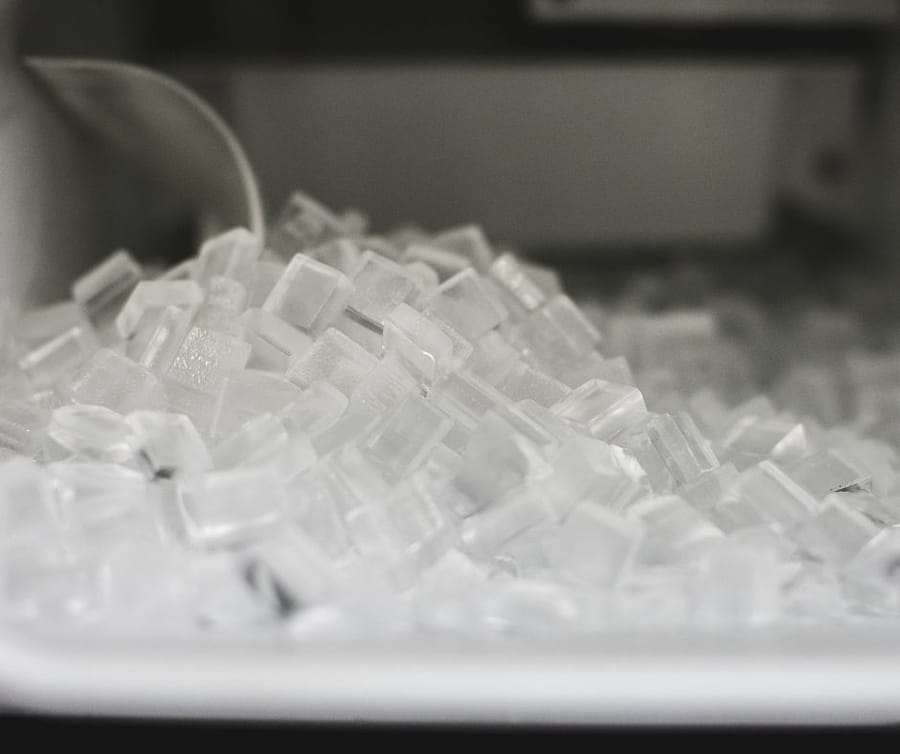
Event Season in Memphis: Why Ice Machine Rentals Are a Must-Have

Bar Limina Brings World-Class Cocktails—and Ice—to Memphis
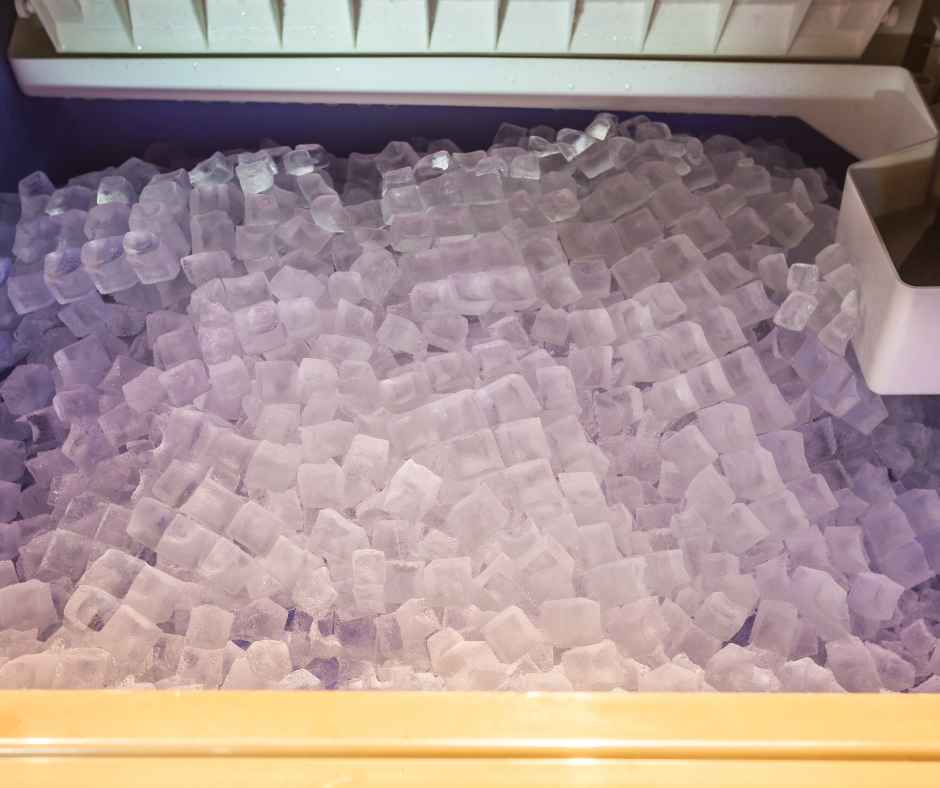
Why Should You Spring Clean Your Ice Machine?

Keeping Celebrations Cool at Oxford’s Newest Event Venue
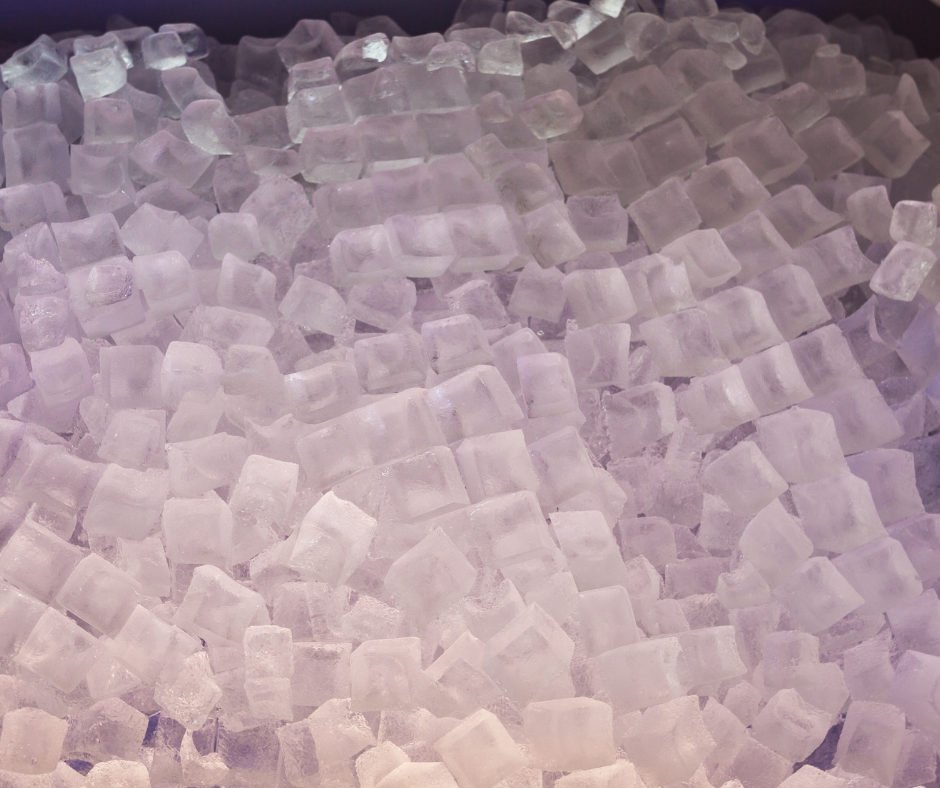
What Are the Hidden Costs of Poor Ice Machine Maintenance?
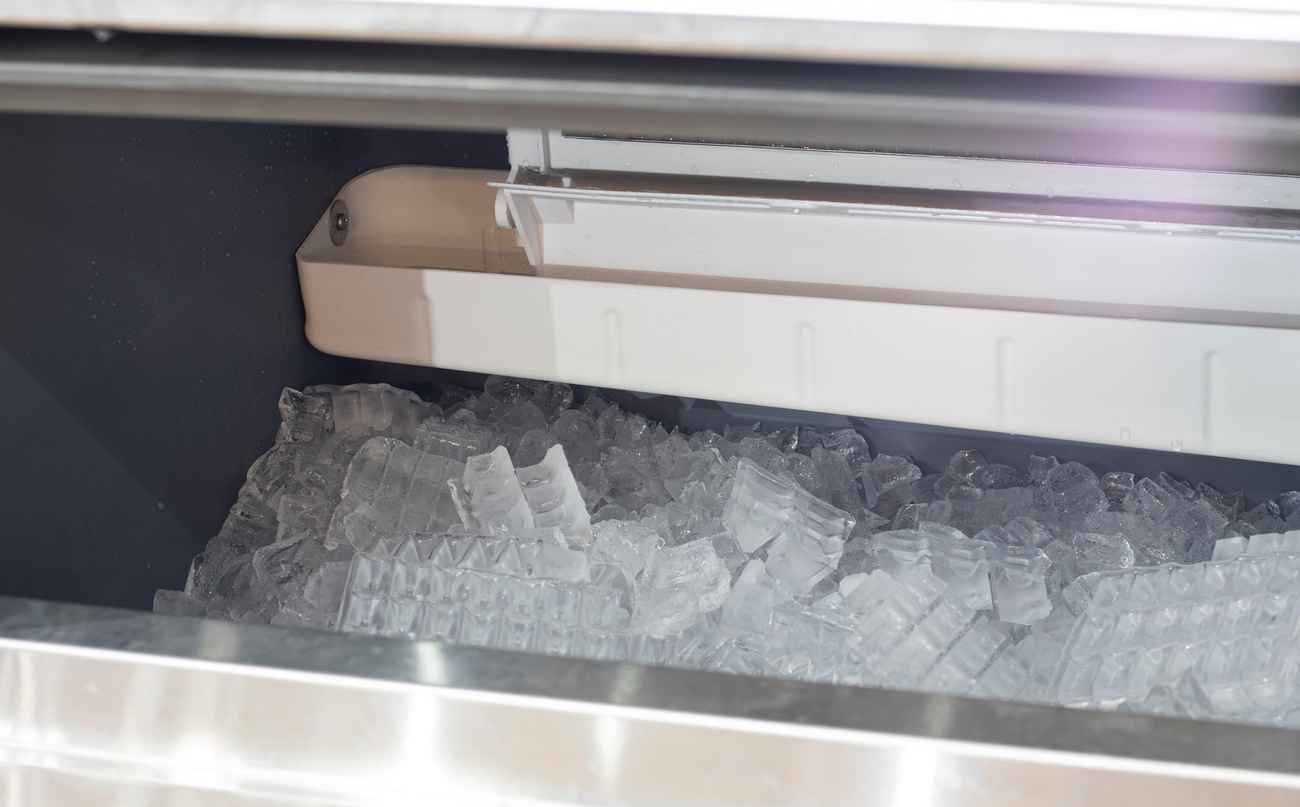
How Does an Ice Machine Work?
